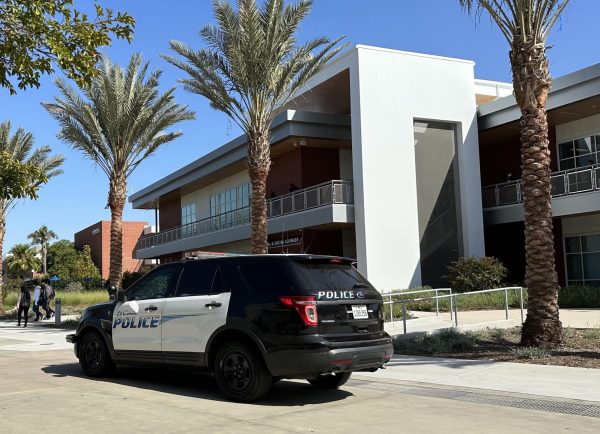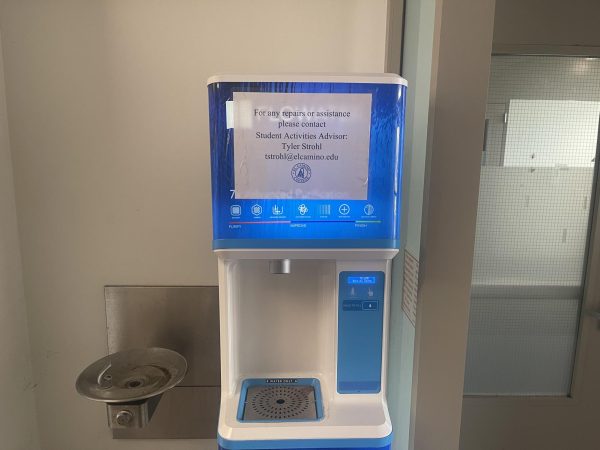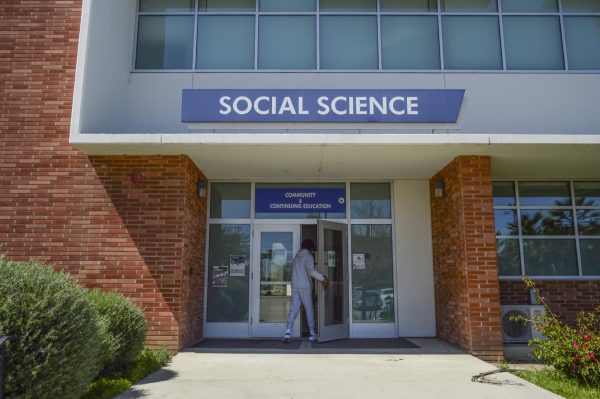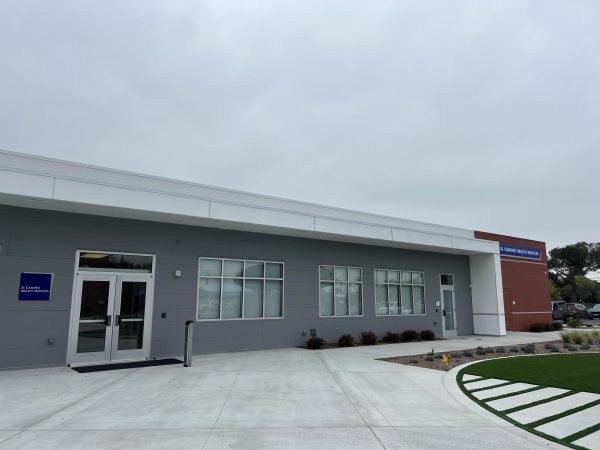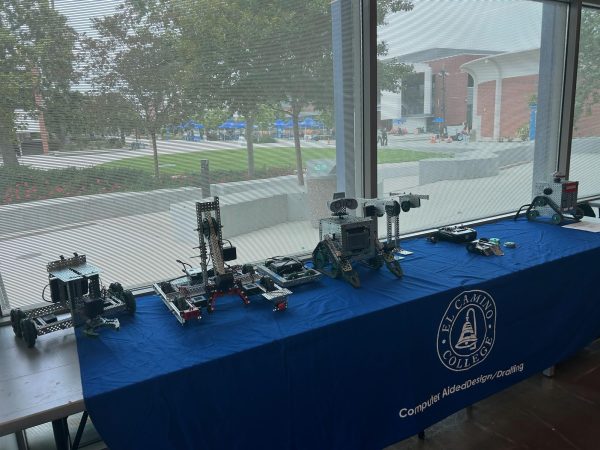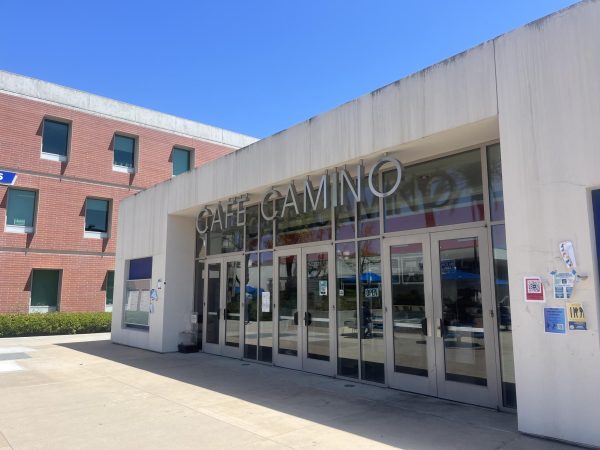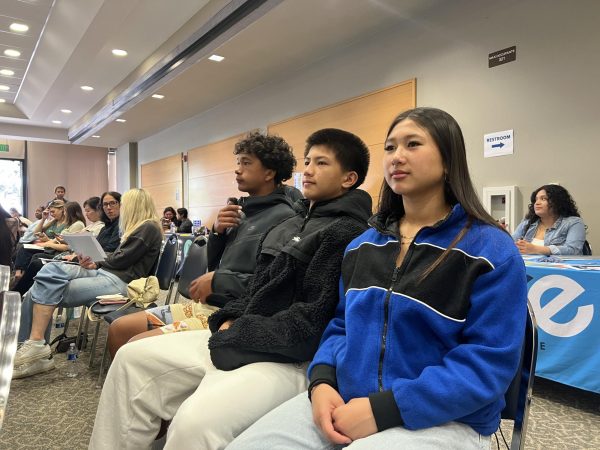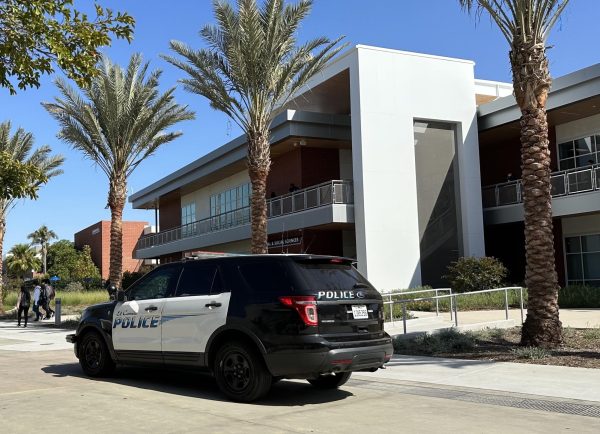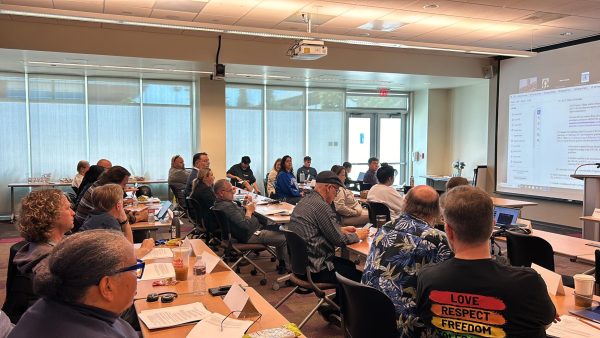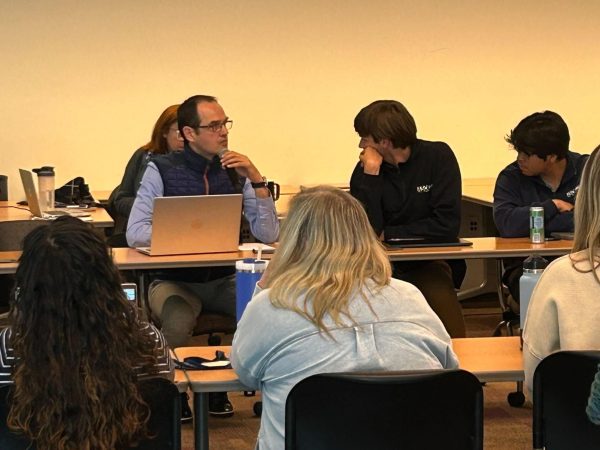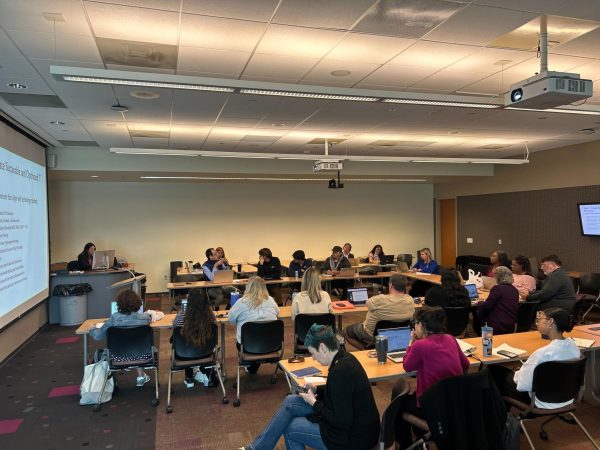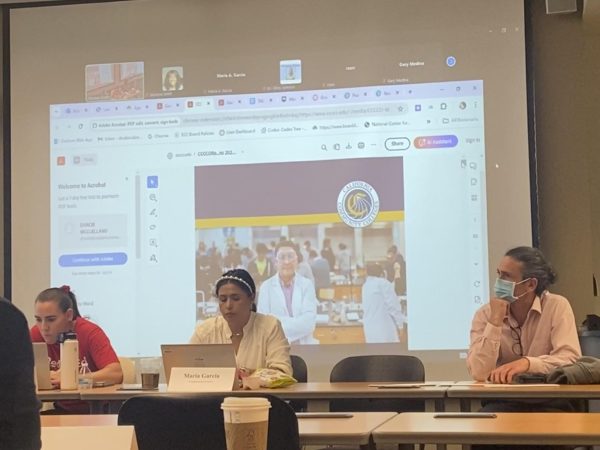Online and Distance Education Department recommends specific faculty certification
The Online and Distance Education Department recommends faculty to be certified to teach distance education courses.
Suggested accreditation and teaching practices for faculty teaching online courses were brought to discussion by Distance Education Advisory Committee Chair, Moses Wolfenstein during the May 17 Academic Senate meeting.
Wolfenstein said the suggested method would require faculty members interested in teaching online courses to be certified through the completion of El Camino’s distance education certification program or by qualifying and completing the certification waiver process with the Online and Distance Education department.
“We’re not weighing in on this. This is from the experts in the area trying to give some feedback to the Deans based on some comments and concerns,” Academic Senate President Darcie McClelland said.
Full-time Human Development Professor, Kristie Daniel-Di Gregorio asked about the outcomes of faculty evaluations, a mechanism currently in use by the school to evaluate faculty effectiveness.
The new teaching practices highlighted the involvement of faculty and students in a number of modalities.
With the creation of the learning modality, hyflex, instructors could merge online and in-person teaching with a more interactive experience.
The three classes that are conditionally approved to pilot for hyflex in the Fall of 2022 by the California Community College system are English 1A, Art and Visual Culture 101 and Law 11.
The practices suggest the Division Dean, individual faculty and the Online and Distance Education department should determine the optimal workload for the modalities.
“Ultimately it is the departments who are planning the courses, assessing them, dealing with the program review. I think we should put more weight on the departments rather than the faculty,” Fine Arts professor, Ali Ahmadpour, said.
Given that many committee meetings and office hours are now done in a combination of in-person and Zoom, faculty can be heavily involved on campus and ready to meet with students in a variety of modalities.
“Deans should be talking to their departments but there are some classes that just really don’t work online,” Dean of Behavioral and Social Sciences, Christina Gold, said.
Mathematical Science professor, Kristine Numrich, said that deans already have a preview of how they assign schedules for faculty.
“I think deans have student success in mind and I don’t think dean evaluations should be recommended,” said Numrich.
To best address future needs and enrollment changes, Online Distance Education recommends not having learning mode limitations.
“Our recommendation to have no limit on any type of course modality is intended to make that assignment process easier and more transparent to ultimately suit the needs of our students,” Wolfenstein said.
Editor’s Note: Removed redundant words to improve clarity on June 9, 2022, at 9:01 a.m.


